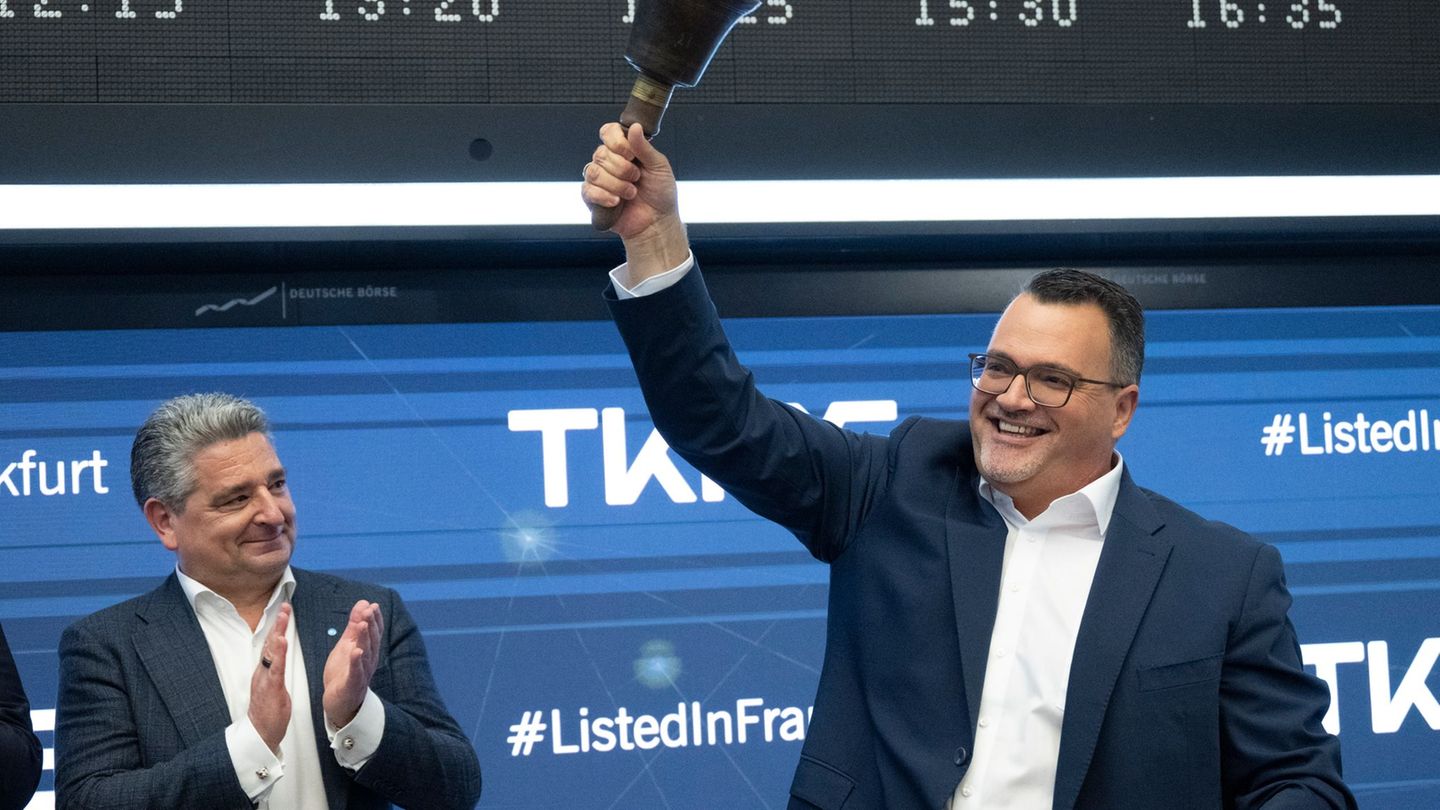Pope Francis asked today “not to underestimate the effects of the climate of fear and mistrust generated by the mere possession” of nuclear weapons, in a message to the G7 leaders meeting in the Japanese city of Hiroshima, the target of an atomic bomb dropped by the United States. States in 1945 that killed an estimated 140,000 people.
“Hiroshima, as a ‘symbol of memory’, forcefully proclaims the inadequacy of nuclear weapons to respond effectively to the great current threats to peace and to guarantee national and international security,” the Pope said in a letter to the bishop of that Japanese city, Alexis-Mitsuru Shirahama.
“One only has to think of the catastrophic humanitarian and environmental impact that will result from the use of nuclear weapons, as well as the waste and misallocation of human and financial resources that their development entails,” he added.
“Nor should we underestimate the effects of the climate of fear and mistrust generated by their mere possession, which compromises the growth of a climate of mutual trust and dialogue. In this context, nuclear weapons and other weapons of mass destruction represent a risk multiplier that it only offers an illusion of peace,” he said.
Within the G7 there are two countries that possess nuclear weapons, the United States and France, while India was invited to this summit in Hiroshima, which also has an arsenal of this type of weapon.
Francis, who visited Hiroshima in 2019, described the choice of this location as “particularly significant” given “the continuing threat of the use of nuclear weapons.”
“I remember the overwhelming impression my moving visit to the Peace Memorial made on me. Standing there in silent prayer and thinking of the innocent victims of the nuclear attack decades ago, I wanted to reiterate the firm conviction of the Holy See that ‘the The use of atomic energy for war purposes is, today more than ever, a crime not only against the dignity of human beings, but against every possible future of our common home,'” he said, recalling his words spoken on that occasion.
“And now responsible men and women look to that future with concern, especially after the experience of a global pandemic and the persistence of armed conflicts in different regions, including the devastating war that is being fought on Ukrainian soil,” he commented.
The events of recent years, he wrote, “have made it clear that only together, in fraternity and solidarity, can our human family try to heal the wounds and build a just and peaceful world.”
“In fact, it has become increasingly evident that in the multipolar world of the 21st century, the search for peace is closely linked to the need for security and reflection on the most effective means to guarantee it,” said Jorge Bergoglio.
This reflection “must necessarily take into account the fact that global security must be comprehensive, capable of embracing issues such as access to food and water, respect for the environment, health care, energy sources and equitable distribution. of the world’s goods”, he concluded.
Source: Ambito




